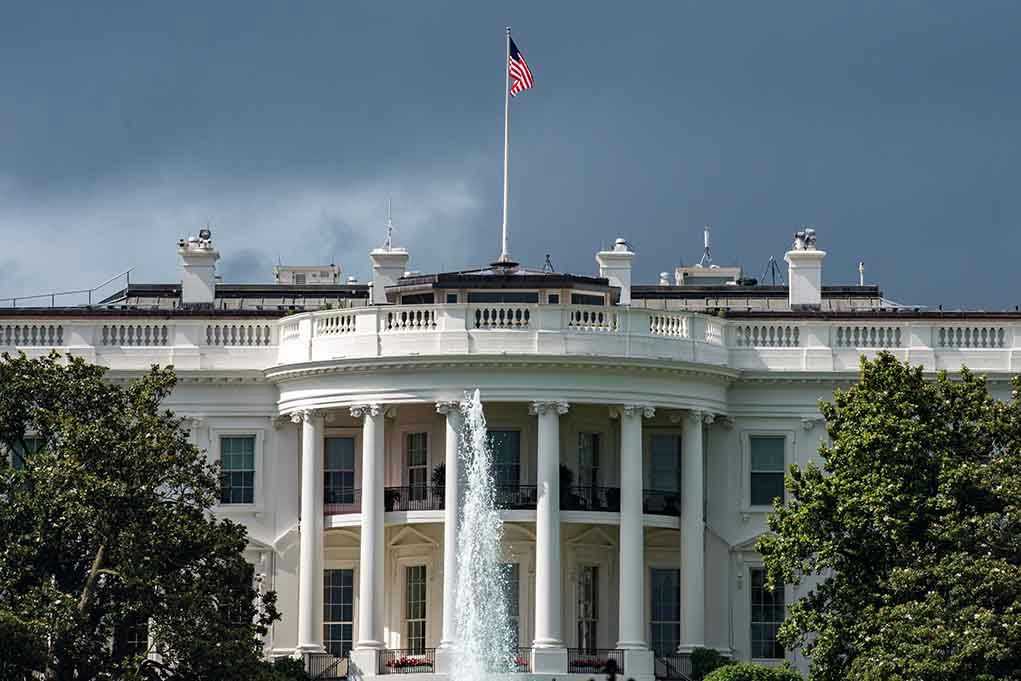
You can double your workplace happiness—and maybe even outsmart your burnout—by mastering five science-backed habits that will make your workdays feel less like a slog and more like a secret superpower.
At a Glance
- Happiness at work goes far beyond job satisfaction and is a critical factor in productivity and retention.
- Only about half of employees feel genuinely happy at work; burnout is rampant and costly.
- Daily positive emotions, meaningful connections, and a sense of belonging are the true drivers of workplace wellbeing.
- Investing in happiness yields measurable gains—happy employees are 13% more productive and companies see major financial benefits.
Unmasking the Real Culprit: Why Work Feels Like a Monday Every Day
Forget everything you thought you knew about job satisfaction. For decades, companies obsessed over paychecks and promotions, convinced these were the golden tickets to workplace bliss. But the real revelation, straight from the annals of positive psychology, is that happiness at work is less about climbing the ladder and more about how you feel on the way up. The pandemic, the Great Resignation, and the “Great Detachment” have exposed a universal truth: half of us are clocking in with a heavy sigh, not a spring in our step. Burnout isn’t a badge of honor; it’s an $8.9 trillion productivity black hole. The true villain isn’t your inbox—it’s the missing spark in your day.
The real magic happens when organizations stop treating happiness like a “nice to have” and start seeing it as their secret weapon. In the hybrid world of Teams, Slack, and endless video calls, the new currency is emotional wellbeing. Purpose and belonging aren’t HR buzzwords; they’re performance multipliers. When you’re genuinely happy at work, your brain lights up in ways that make you more creative, resilient, and engaged. If your office feels more like a waiting room than a launchpad, it’s time to ask: what’s missing from your emotional equation?
The Five Habits That Turn Work Into Your Happy Place
First, engineer daily micro-moments of joy. Science says that even three minutes of laughter or gratitude with a colleague can rewire your mood for hours. Second, prioritize real breaks. “Powering through” is for robots; your brain needs reset time to recharge and prevent the dreaded burnout spiral. Third, cultivate authentic connections—yes, even on Zoom. Relationships at work are the strongest predictors of happiness, outshining salary and perks by a mile. Fourth, anchor your day in purpose. Whether you’re a CEO or a spreadsheet wizard, knowing how your efforts make a difference fuels pride and motivation. Finally, advocate for psychological safety. When you feel safe to speak up and take risks, engagement soars—and so does your sense of belonging.
These aren’t just warm-and-fuzzy tips—they’re battle-tested by organizations leading the happiness revolution. Tech giants and forward-thinking firms are rewriting the playbook, swapping ping-pong tables for empathy, autonomy, and recognition. The result? Lower turnover, higher innovation, and a contagious culture that makes Mondays feel less menacing.
The Bottom Line: Happiness Pays Dividends (And Not Just for You)
Here’s the kicker: happiness at work isn’t just about you feeling good. According to the 2025 World Happiness Report and Gallup’s latest data, happy employees are 13% more productive. That’s not pocket change—it’s a competitive advantage. Companies investing in emotional wellbeing see stronger performance, better retention, and reputations that magnetize top talent. The happiness gap—between those who love their colleagues (64%) and those satisfied with their pay (30%)—proves that relationships and recognition trump the size of your bonus.
Burnout, on the other hand, is a silent epidemic. Over 40% of workers report feeling burned out, and the cost isn’t just emotional—it’s economic, with billions lost in absenteeism and disengagement. The smartest organizations are flipping the script, turning happiness from a fluffy ideal into a hard-nosed business strategy.
Why Your Next Monday Could Be Different
This isn’t a call for toxic positivity—no one expects you to whistle while you work through layoffs or endless meetings. But the research is clear: small, intentional shifts in how you approach your day can have outsize effects on your emotional reserves. Advocate for meaning, build real relationships, and demand a culture where your voice matters. If your boss thinks happiness is just a “perk,” send them the bill for disengagement and watch their jaw drop. The future of work isn’t just about surviving the next deadline; it’s about thriving, innovating, and maybe even looking forward to Monday mornings. Stranger things have happened—just ask anyone who’s found their happy place at work.
Ready to outsmart burnout? Your desk can be a launchpad, not a landing pad. Try one micro-habit this week. If you catch yourself smiling before noon, you’re already ahead of the curve.
Sources:
World Happiness Foundation (2025)


















